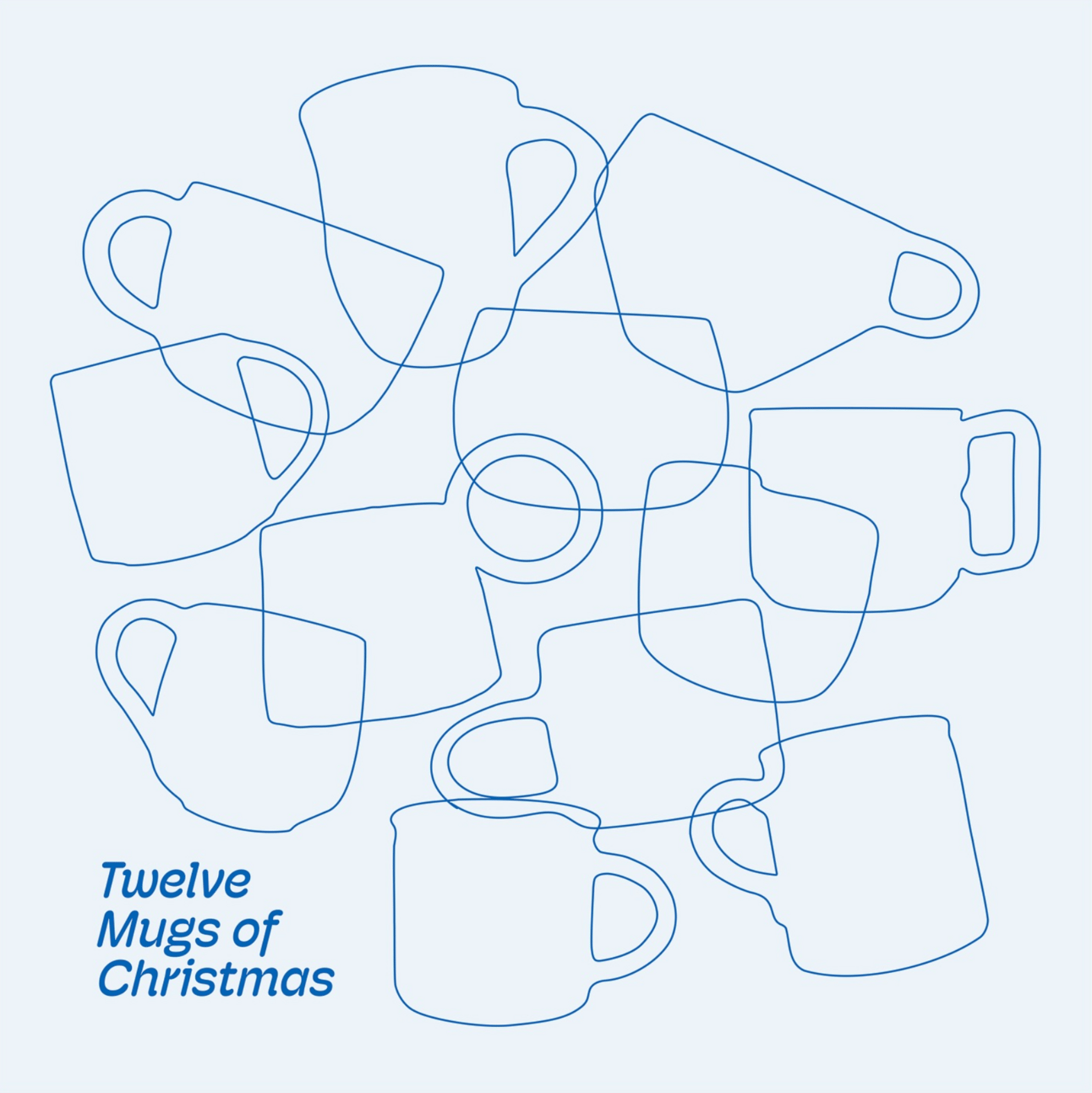Hello!
I hope you’re adjusting to the cooler days. We’ve officially fired up the heat pumps at the studio and as always, I’m blown away by how quickly the year is going.
With Mother’s Day a couple of weeks from now, no doubt many of you will be in the throws of your planned campaigns. So today, I wanted to share some food for thought about Mother’s Day marketing which can be applied to any number of key trading moments.
I’ve also got some psychological insights to utilise all year round. I have a keen interest in human psychology… can you tell?
Here’s your reading material for today:
Opinion
✍️ An interesting take on Mother’s Day marketing
Psychology
🧠 5 psychological levers to pull in ecommerce
✍️ OPINION
An interesting take on Mother’s Day marketing
With Mother’s Day just around the corner, my inbox has been flooded with messages about “spoiling Mum with X, Y and Z”.
I get it. It’s a key trading moment for many businesses. But this article by The Drum made me rethink how these occasions can be marketed.
The writer, Vanessa Fuss, is a marketer whose mother passed away earlier this year. In the article, she discusses strategies to be more inclusive, recognising that this occasion can be a painful one for those who have lost mothers, are having trouble becoming mothers or have strained relationships with their mothers.
Inclusive marketing isn’t a new concept. In fact, we’ve seen a heavy increase in inclusive language over the past decade. Rather than “spoiling Mum”, you can “spoil the mother figure in your life”. Rather than “Happy Mother’s Day to all the mums out there”, it’s “Happy Mother’s Day to mums, soon-to-be-mums, passed mums, mothers-in-law… etc. etc.” In an effort to appeal to a broad group, the list gets longer and longer every year.
While the intention is good, it feels clunky. It also turns the messaging into a tick-box exercise which dilutes it completely. So how do you be sensitive but also relevant? Simple. Allow your customers to opt-out.

A masterclass on empathetic communication by OpenTable
Mother’s Day, Father’s Day, Valentine’s Day, Christmas, Easter – this strategy can be applied to all of them. Start with an empathetic email, acknowledging that the occasion can be painful (or even just irrelevant) for many, then give your customers the option to stop receiving emails / SMS about that specific topic. Be sure to mention all the good stuff they’ll still receive.
It’s a genius move that makes your customers feel seen and deepens your connection to them. It also gives you valuable data, helping you to learn more about your customers’ preferences so that your communications – and even their website experience – can become more personalised.
🧠 PSYCHOLOGY
5 psychological levers to pull in ecommerce
What I love about Vanessa’s strategy above is that it is entirely centred around understanding your audience better. Understand your customers and you can cater to their needs. Love them and they’ll love you back. Simple.
In a similar way, the following tactics apply human psychology to create a desired outcome. Let’s get into it.
Reciprocity
Most people want to return the favour when something nice is done for them, like getting your neighbour a bottle of wine to check your mail while you’re on holiday.
The same principle can be applied to marketing. Offer something worthwhile to your customers and they will be more likely to give you something in return.
Offering a discount to sign up to a newsletter is a common one, but when done well, the connection goes deeper than that. Customers are more likely to stick with you and make repeat purchases if they feel you’ve done something for them. Great customer service, a hand-written thank you note, sharing or commenting on their Instagram post – these all help to create a mutually beneficial relationship.

A classic example of reciprocation by Australian brand, Bed Threads.
Random rewards
Unlike loyalty programmes which have predetermined and therefore predictable rewards, random rewards can offer an exciting alternative, tempting customers with potential rather than guarantees.
Prize draws are the most common example of this. Randomly generated GWP promos like ‘spin the wheel’ are another example.
If you go down the prize draw route, you either need to have quality or quantity on your side.
If you pick quality, offer a prize so big and enticing that all of your customers will want a chance to win – think about how many more people buy a lottery ticket when the jackpot is huge.
The other option is quantity i.e. a lot of smaller prizes with high odds of winning. Often these promos work better as customers know they’re far more likely to get a reward – even if it is just a free pair of socks.
Scarcity
From precious stones to toilet paper in a pandemic, human beings perceive scarce commodities as more valuable. In ecommerce, this is a behaviour you can tap into to drive sales. Let your customers know when a popular product is almost out of stock or create limited edition items that won’t be repeated.
Loss aversion
Once a person has found something they love, they’ll have a hard time returning to life without it. Think about life before Netflix, or unlimited data, or Spotify Premium.
Once you’ve had it, it’s hard to go back. This tactic can by applied to any repeat product or service, such as a subscription. Offering a free or discounted trial is a great way to give customers a taste of what they can enjoy long term.
Just be careful not to fall into the trap of offering multiple discounts to keep them coming back for more. I’m sure we can all think of a few food box companies who are stuck in this cycle…
You know the drill – if you discount too often, your customers will never pay full price.
Social proof
Nothing is more compelling than the validation of a group of people you trust or admire. In marketing, applying this behaviour to your products is an incredibly valuable tool and there are several ways you use it.
Endorsement from relevant, credible influencers, or collaborations with like-minded brands and/or creators is a great way to associate your product with aspirational people.
Encouraging referrals promotes your product in a more intimate way, tapping into recommendations within personal, trusted relationships.
In the absence of aspirational people or personal connections, mass opinion is a powerful way to promote your product. Reviews help to boost the credibility of an item or service, with real people sharing their real opinions. Positive reviews on Google, your website or social media may be just the thing to get a new customer over the line.
Speaking of reviews – we’re about to launch this feature on our Shopify app, Roadmap. It will replace the Shopify reviews app. To learn more about how it works and if it makes sense to add to your ecommerce site, get in touch by replying to this email.
❤️ REFER A FRIEND
Share the love
Know somebody who might like this newsletter?
Thanks for reading!
Until next time.


Alex Murton
Managing Director & Co-Founder
Studio Almond



